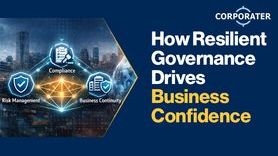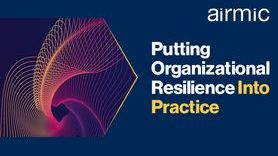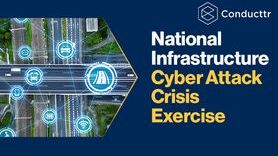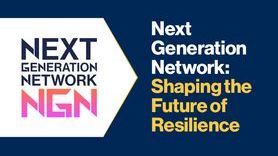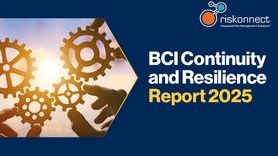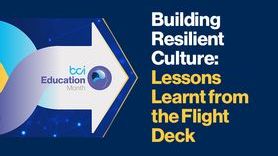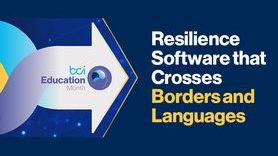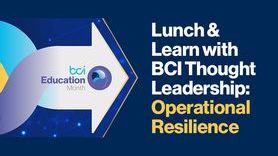A BCI Women in Resilience (WiR) article – ‘Bouncing Back…a ‘Resilience’ trait’
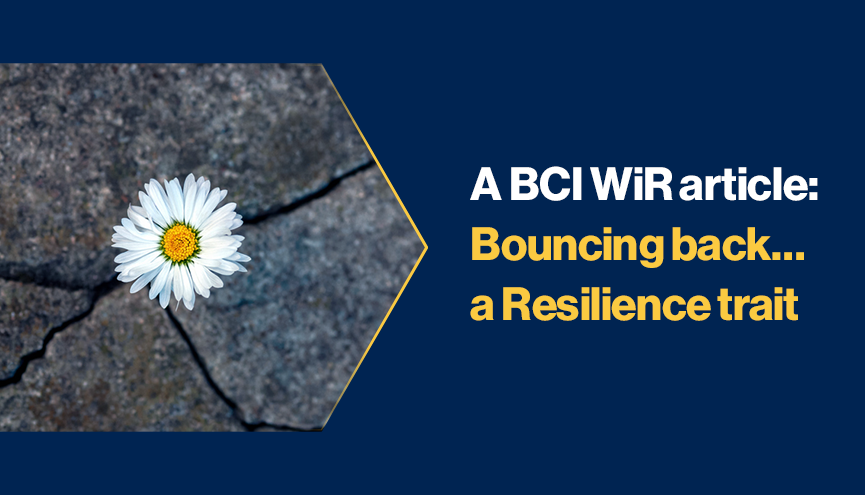
‘Bouncing back’ has been the greatest enabling trait for the planet and living beings to survive and thrive. Whether it is disruption caused by continental drift, climate change, the pandemic, or man-made geo-political events and wars, the human civilization as well as the environment around us always adapted and bounced back, showing determination to survive, and a resilient nature.
The word Resilience has its origin in the Latin word “resilíre,” which means, “to leap back” which we can also phrase as, “bounce back”. Resilience is regarded as a great personality trait for a good reason: resilient people appear positive and happy, they reflect determination and strength, and provide room for progress and improvement. Being a resilient as a person, or an organization, requires a lot of effort and persistence. Those who have worked to become resilient understand the benefit. It is not surprising that we tend to appreciate when er are associated with people and organizations which have proven to be resilient in the longer run.
But why do people bounce back, what instinct leads to this. Studies have revealed the human body and brain are designed to bounce back from injury. “Part of that robustness comes from the fact that the cells in our bodies have outstanding programming, and they can repair and reconstitute tissue and organ function even after an insult,” says Laura E. Niklason, M.D., Ph.D., professor of anesthesiology and of biomedical engineering, Yale School of Medicine. This is also evident from our lineage of evolution, where human species have adapted and evolved over millions of years, surviving numerous natural and man-made disasters, and in modern times, have even built Resilience as a “thriving industry” with various academic and certifications around it!
A true example of ‘bouncing back’ is the one of a professional from the Resilience industry in India (who prefers to remain anonymous) who shared her life story. As a child – she said - she used to be frequently unwell which would disrupt her ability to focus on her academics or extra-curricular activities. As result, she used to be bullied by other children, which severely impacted her self-confidence and self-esteem. However, one instance helped her to bounce back. The story goes like this; she was in a session and was clicking her ballpen on and off frequently which had a spring, she realized the more pressure you put on the spring, the higher it would bounce back. This made her think - if a pen can bounce back why can’t I? This small revelation was a big motivational change in her life and allowed her to explore her inner strength to overcome her physical and mental weakness. Today, she is a reputed Resilience professional in India and proudly shares her story to inspire others.
Have you thought of why we tend to rally resilient people? Well, resilient people are optimistic and believe in their own strength and ability to overcome any problems. In a crisis, a resilient person will be positive, open and willing to find the solution. Little wonder then, people with strong degree of personal resilience also make for successful Operational Resilience professionals.
So, how do we learn to bounce back? New evidence suggests that with a little practice, anyone can develop resilience, says Southwick, a professor of psychiatry at the Yale School of Medicine. ‘There are lots of ways to intervene so that stress or trauma doesn’t derail you’, he says. No one size fits all.
Further, researchers have found that facing the things that scare you relaxes the fear circuitry, making that a good first step in building resilience. Studies have shown that traits scientists once thought of as nice but unnecessary–like having a strong network of social support–are critical to resilience. “Very few highly resilient individuals are strong in and by themselves,” Southwick says. “You need support.”

Image courtesy: Mason’s Resilience model
Being resilient and being able to bounce back does not mean the person faces less severe situations, but they have the will and are aware of techniques/methods to bounce back. Mental resilience, especially in challenging times like the present, means managing our minds in a way that increases our ability to face the challenge upfront and tackling the roadblocks which come thereafter. Resilience is the skill of noticing our own strength, streamlining our thoughts and attitude on how to face adverse situations, how our actions will impact the people and environment around us.
Another aspect of bouncing back is breaking the paradigms to cope with any form of crisis. The ongoing pandemic is an exclusive example of how individuals, organizations, and governments have adapted, and bounced back to prove Darwin’s “Survival of Fittest” will hold good forever. Governments, who are well known for reacting slowly, did take arguably quick action to challenge the status quo, regardless of the huge social, political and economic consequences of their decisions. The fraternity of scientists and medical geniuses, who typically take 10 – 15 years to confirm and release a vaccine, completed the same within a year of the 2019 Pandemic outbreak. The government, public and private organizations came together to show their spirit of resilience.
Another example of the paradigm shift to cope up with the Covid-19 pandemic was to adapt to new ways of living and working. For industries and offices wherein working from home was a distant reality, shifted their model of working in the blink of an eye. Today, the hybrid model is the most popular and beneficial for both employers and employees.
Bouncing back or being resilient makes us realize that we have the capability, as well as responsibility to be back in the game. Rather than telling stories of failing, we chose to talk about how we overcome our struggles. Resilience is a quality that enables you to survive and thrive in a world of constant change. Resilient people and things, including organizations, are always ready for the unpredictable events in their lives. In brief, being resilient and bouncing back is no more a fancy term, rather a necessity. Let me wrap it up with a quote from Nelson Mandela “Do not judge me by my success, judge me by how many times I fell down and got back up again.”
References:
3 https://www.nature.com/articles/d41586-020-03626-1
To be the first to know about BCI News and more follow us on LinkedIn here, or on Twitter @TheBCEye



